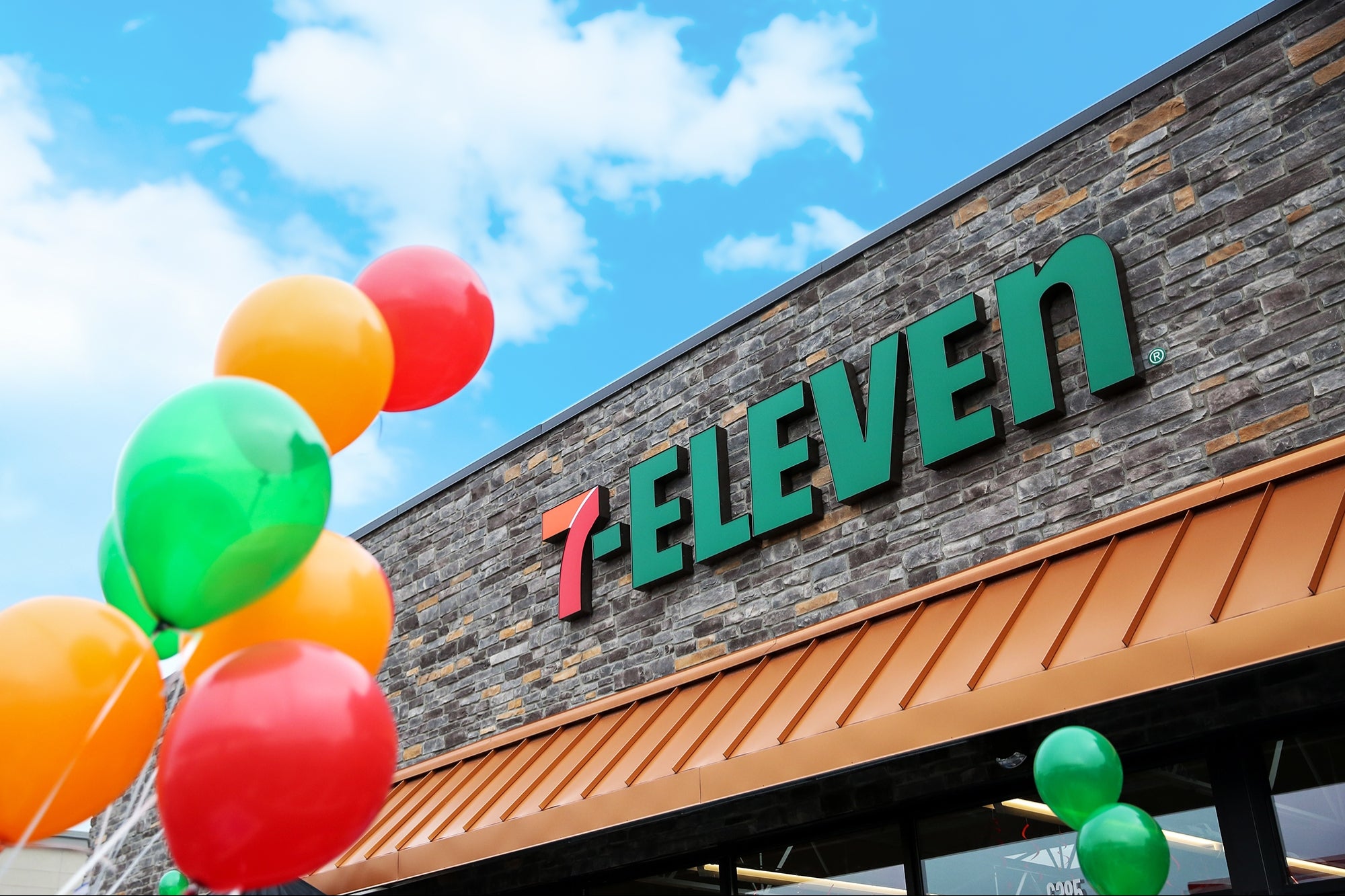Sponsored Content | Brand Spotlight Partner What's This?
Leadership During a Crisis: 3 Tips for Managing Change Convenience franchise giant 7-Eleven shares best practices for navigating through difficult times with an eye on the future.

In the wake of COVID-19, many of the business practices and procedures that used to be standard have changed. Whether companies have gone remote, created an e-commerce operation or kept their doors open, most businesses have had to adapt in one way or another as they continue to operate in a challenging environment. And with the health crisis persisting, those changes will likely continue well into 2021 and beyond.
Whether it's a health crisis or some other unexpected circumstance, leadership must quickly make smart decisions for their business to survive and thrive. No one knows this better than Greg Franks, Senior Vice President and Chief Franchise Officer at 7-Eleven.
A convenience store operator and franchisor with more than 71,000 licensed, franchised and corporate stores worldwide, 7-Eleven was deemed an essential service during the onset of COVID-19. Leadership stepped up to develop new strategies and resources as Franchisees continued to stay open and operate their independent businesses. The company developed new health and safety protocols that were recommended to Franchisees.
Here are Franks' three best tips for managing change during uncertain times.
1. Stay on top of digital trends.
Technology is pushing innovation in virtually every industry. Advancements are making it easier for companies to connect with customers in a safer and faster way.
At 7-Eleven, leadership invests a significant amount in innovative digital solutions as part of its overall digital transformation — beginning with the creation of 7Rewards, a loyalty program that enables 7-Eleven customers to shop, earn and redeem points while accessing valuable bonus offers right from their mobile device. The app recently surpassed the 40-million-member mark.

Taking it a step further, 7-Eleven launched its 7-Eleven Wallet program, which enables customers — even cash customers — to pay contactless from their phones in the 7-Eleven app. "We are providing convenient alternatives to in-store shopping to limit touchpoints, all while driving value," Franks says.
2. Provide support to Franchisees, customers and community.
Much like any business, a franchise company must always make sure it's able to support its Franchisees, and in turn, always serving its customers. That's at the heart of what 7-Eleven does. During the early days of COVID-19, when there were shortages of necessary goods, customers were often able to find those products at 7-Eleven stores. That's because the company "focused on the availability of a stable supply of products to enable corporate stores and Franchisees to provide their customers what they need quickly," Franks explains.
The company also prioritized the success of its Franchisees by delivering more than $190 million in cost savings and direct financial support through the end of December. That included: direct-to-Franchisee financial credits; sourcing personal protective equipment (PPE) and sanitation supplies, such as 60,000 hand sanitizer stations, when they were scarce; and being among the first national retailers to install acrylic shields as a safety feature in stores, just to name a few.
And whether you can spearhead a major initiative or simply give back in some small way, Franks emphasizes the importance of supporting your local community — especially during times of need. For instance, 7-Eleven provided assistance to essential healthcare professionals through a donation of 1 million masks to FEMA. It also built its first hospital pop-up store at Children's Medical Center Dallas to provide hardworking healthcare workers with groceries and personal care products.
3. Recognize your strengths and use them to your advantage.
No matter what industry you are in or the size of your company, always play to your strengths, Franks says. For example, 7-Eleven's scale is one of the brand's biggest strengths. Throughout the pandemic and beyond, the brand makes sure that customers know they can purchase a wide assortment of products, whenever, wherever and however they want. That's because 7-Eleven has a store within one mile of 50 percent of the country's population, serving approximately 8 million customers in the U.S. every day.
Another strength: The franchise owners. 7-Eleven's store network features independent franchise business owners in just about every neighborhood it serves. "Franchisees are independent business owners and operate [stores] with the care you can only find with an owner," Franks says. "Franchisees know their customers. They give back to their communities and they serve in a way that those same customers appreciate and remember."
To learn more about 7-Eleven and how to become a Franchisee, fill out the short form below:
